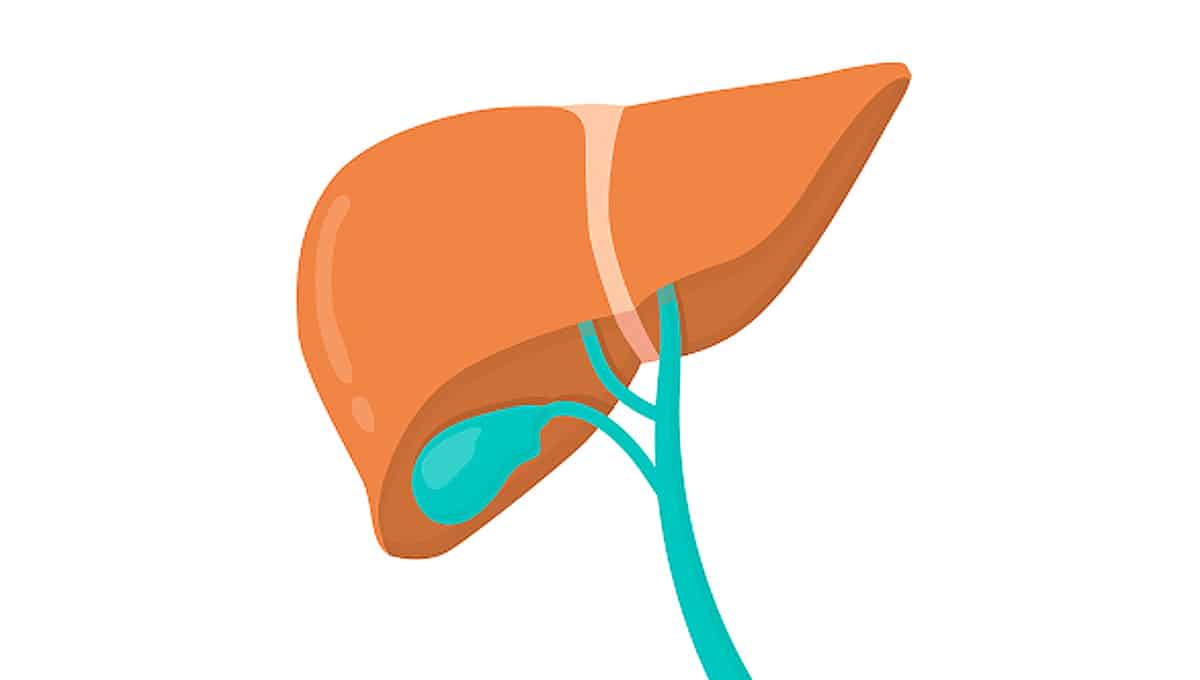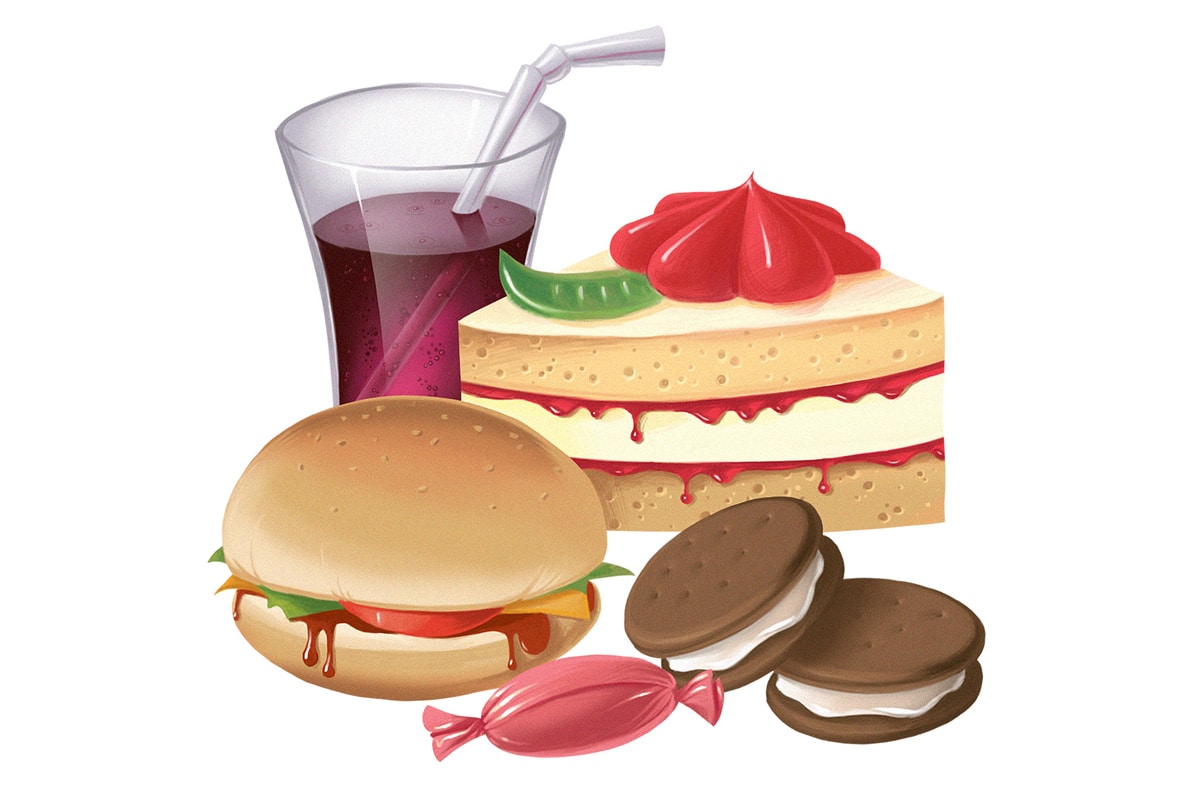You need it to digest fat and absorb fat-soluble vitamins. It “talks” to your gut bacteria constantly and it’s likely involved in diarrhea-predominant IBS. It’s essential for managing cholesterol levels, and it influences insulin sensitivity, weight, and overall metabolic health. It’s a bird, it’s a plane, it’s...bile acid!
The name is admittedly a bit much to get past. But if you can overlook that reflexive “ew”reaction, bile acid is actually pretty great. Here’s a look at how it’s important for digestion, weight loss, and metabolic health, plus how behavioral changes (like diet and lifestyle) can affect bile acid metabolism in either helpful or unhelpful ways.
(note: This is intended for people who still have their gallbladder; if you’re interested in going Paleo without a gallbladder, here is the post for you!)
What is bile acid and what does it do?

Bile acid is made in the liver and stored in the gallbladder until you eat something - then the gallbladder releases it out into the digestive tract. You need bile acid for…
- Digesting fat - this is why people who have their gallbladders removed sometimes have trouble digesting fatty foods. Without bile acids, they can’t really break down the fat.
- Regulating your gut bacteria - this is a two-way street: bile acid and your gut bugs talk to each other in ways that ideally work to your benefit.
- Regulating cholesterol levels - to make new bile acids, your liver needs cholesterol. Every day, a small percentage of those bile acids get excreted in your feces - this is one way that cholesterol leaves the body.
- Regulating metabolic health, energy expenditure, and insulin sensitivity - because of the way it affects gut function, bile acid can have all kinds of big-picture effects. More on this below!
Bile Acid and Digestion
Bile acid is essential to digesting fat, which makes it pretty critical for Paleo and keto eaters in particular. It also helps to regulate the gut biome. As this paper explains, bile acid affects the growth of all the friendly (and not-so-friendly) bacteria that live in your intestine - and vice versa:
- Bile acid alters the growth of gut microbes, sometimes in really helpful ways. For example, it may help fight off C. Difficile infection.
- Gut microbes also change the composition of bile acids - there are actually different types of bile acids and they change depending on what kinds of bacteria they meet.
All this makes bile acid pretty essential for normal digestion and getting all the good stuff out of your food, not to mention fighting off horrible GI infections. But even beyond that, there’s one specific problem that bears mentioning...
Bile acid and diarrhea
When bile acid metabolism goes wrong, the digestive consequences can be very unpleasant. According to this paper, almost two thirds of subjects who are diagnosed with “IBS-D” actually do have some kind of physical problem that just wasn’t recognized - and one common problem in that vein is bile acid diarrhea, which the authors very fittingly abbreviate as BAD.
Basically, in these patients, their bodies make too much bile after a meal, and when all that bile hits the gut, it pulls water into the colon, causing loose, watery stool and diarrhea. Up to 35% of people with IBS-D may actually have bile acid issues - making this a huge factor in otherwise inexplicable diarrhea.
Bile acid, cholesterol, and metabolic health
On top of helping digest fatty foods, bile acid is also important for metabolic health - including cholesterol levels, weight, insulin sensitivity, and even liver fat accumulation.
Bile acid and the gut biome...redux!
Remember all the ways that the gut microbiome and bile acids talked to each other? That’s not just about digesting food or preventing diarrhea - changes in bile acid composition in the gut affect insulin signaling, weight loss, energy expenditure, and accumulation of fat in the liver.
People with obesity have differences in bile acid metabolism that set them apart from lean people. In fact, improvement in bile acid composition and metabolism may be one reason why weight loss surgery works better (on average) than diet and exercise advice. Bile acid synthesis increases after weight-loss surgery, independently of calorie restriction, and when researchers tried to recreate that effect by applying additional bile acids directly to the gut, subjects enjoyed better insulin sensitivity and carb tolerance.
In short, bile acid metabolism is pretty tied up in all the “lifestyle diseases,” even if it’s not totally clear exactly how.
The practical part
None of this would be particularly interesting if the takeaway was “if you have bile acid problems, sucks to be you, enjoy that diarrhea!” There are actually studies on how behaviors - like what you eat and how you live - affect bile acid production:
Diet and bile acid

In a study that shouldn’t be surprising to anyone, researchers found that the Western diet (lots of processed fried food, lots of junk carbs, lots of sugar, too much food overall) throws a wrench into the whole process of bile acid regulation.
This study claimed to prove the dangers of a “high-fat” diet...but the “high fat” condition was - no kidding - only 40% fat. It also had 46% carbs, and 14% protein. This is more or less similar to a typical American diet, not anything like a high-fat Paleo or keto diet. The takeaway here, again, is “don’t eat junk" more than “don’t eat fat” - except for maybe in the case of bile acid diarrhea.
For bile acid diarrhea specifically, there’s a bit more research, including this study. The study found that a low-fat diet (20% fat) worked as a kind of band-aid for bile acid diarrhea. Remember that with bile acid diarrhea, the problem is too much bile in the colon: less dietary fat means that your body sends a weaker signal for bile production, which seems to help. Sure, it seems weird to recommend a low-fat diet on a Paleo site, but given the choice between “chronic diarrhea” and “no diarrhea,” the “no diarrhea” option is worth giving up bacon for. It’s very possible to eat a low-fat, gluten-free Paleo diet - you’d just have to eat more carbs to make up for the calories.
Bile acid needs its beauty sleep
Another way to keep your bile acid happy is to keep your circadian rhythms in line.
The liver doesn’t just crank out bile acids all day without a break. In humans, bile acid synthesis naturally peaks around 1pm and then again around 9pm. Your liver cares what time it is! And studies like this one, have found that disrupting the natural day/night circadian rhythms completely throws off bile acid metabolism, regulation of blood lipids, and liver function more generally.
Based on this, the conclusion is simple - go to bed, and stay there for at least 8 hours in a dark room without electronic screens before you get back up again.
This study suggested that time-restricted feeding (namely, eating during the day and not at night) helped enhance that circadian rhythm - score another point for intermittent fasting.
The medicine cabinet
There are also a lot of pharmacological options - from bile acid sequestrants, which have shown some benefit in people with IBS, to ox bile supplements. If you’re reading all of this and thinking “hey, that’s me! That’s totally me!” then it might be something to discuss with a doctor.





Leave a Reply